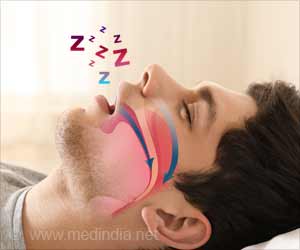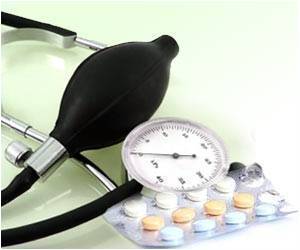The UK is planning to introduce a series of measures aimed at improving the care of stroke patients.
The stroke care scene in the UK is all set to turn for the better.
Concerned over mounting criticism of lack of adequate support mechanism, the government has said it would introduce a raft of new measures aimed at cutting the number of people who die or suffer disability following a stroke.Among the expected plans are a £12 million public awareness campaign and faster access to emergency care.
The new measures contemplated would ensure that patients suffering a full stroke would have a brain scan in the next available scanning slot during normal working hours. Outside of normal working hours, they will receive a scan within 60 minutes before being swiftly moved to a stroke unit for appropriate treatment.
Campaigners said the move was what "hundreds and thousands of stroke survivors have been crying out for".
Jonothan Earnshaw, honorary secretary of the Vascular Society, said patients suffering a TIA had stroke-like symptoms but then appeared to fully recover.
These patients do not realise they are at risk of a major stroke and that they need urgent treatment, he said.
Transient Ischemic Attack (TIA) is a warning stroke or mini-stroke that produces stroke-like symptoms, but no lasting damage is done.
He added: "Patients in the United States can expect to be treated within one to two days of a TIA. Vascular surgeons know that preventative stroke surgery saves lives if it is carried out early.
"At present the ultrasound services that are vital for diagnosis are a logjam as they are closed at weekends. In addition, patients themselves often do not seek treatment if the symptoms go away and GPs often don't refer these cases - so surgeons are not seeing patients early enough to make the difference."
Advertisement
John had just got in from work when Susie asked him to do something. He answered with a garbled response.
Susie did not have a clue what was wrong, but called a doctor straight away.
Advertisement
When John arrived at hospital he was seen by a doctor, but suffered two more mini-strokes and then a massive stroke during a four-five-hour wait in casualty.
Susie said: "If they had given him a scan when he first arrived and seen that the carotid artery was blocking and unblocking he could have been given clot-busting drugs, and the severe stroke that he suffered just before midnight may never have happened."
However, the scanning department was not open in the evening.
Susie said she would like to see scanning departments staffed round the clock, so that patients can be fully assessed and, if necessary, treated immediately to minimise damage.
The cost of keeping somebody like John in this disabled state is astronomical, it is a scandalous amount of money, and I feel it is a waste of money.
"If he had got a scan maybe he would have been back to work by now.
"The government has got to put money into hospitals for stroke care."
To compound John's problems, speech therapists were in very short supply when he needed their help. Consequently, he had to teach himself to speak again.
All this could change if the new measures are implemented in all earnestness.
Source-Medindia
GPL/M











